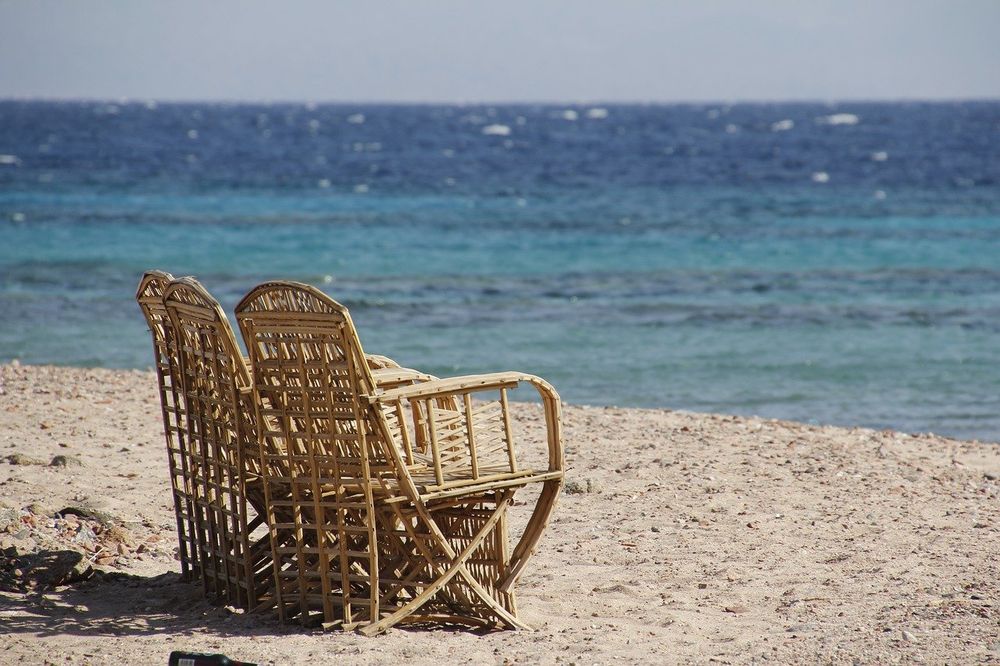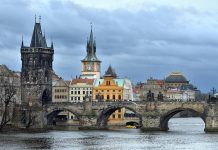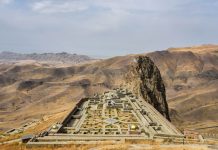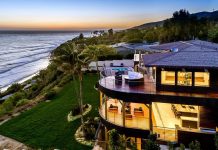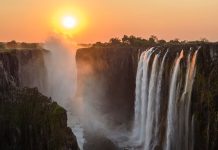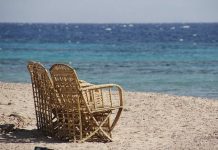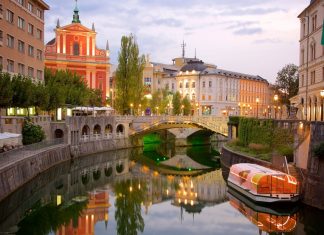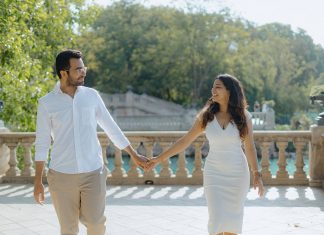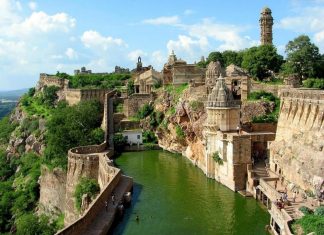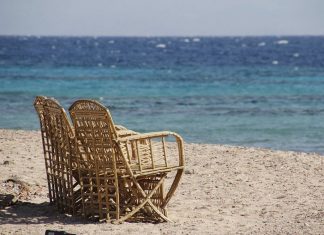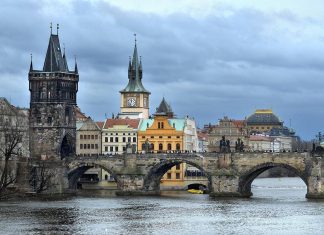Gabon is located on the west coast of Africa. It is bound by Congo to the northeast, east and south, Cameroon to the north, Equatorial Guinea to the northwest and the Atlantic Ocean to the west. Most of the country is covered in dense equatorial rain forests while its coastal plains are narrow and typified by lagoons and estuaries, such as the N’Dogo, N’Goze and N’Komi lagoons. The interior rises in a series of steps to the Central African Plateau. In the north the Crystal Mountains enclose the valleys of the Woleu and N’Tem Rivers as well as the Ivindo River Basin . In southern Gabon the coastal plain is dominated by granite hills and almost the entire country is situated on the Ogooue River with its two major tributaries, the N’Gounie and Ivindo Rivers . Major Cities ; Libreville , Port Gentil, Franceville.
Gabon has an equatorial climate that is characterized by hot, wet and humid conditions. During the wet season abundant rainfall occurs with the average annual precipitation in Libreville , 2,500 mm while between June to September there is virtually no rain. Temperatures are fairly constant with little variation all year round. Average temperature ranges in Libreville are from 24 degrees Celsius to 27 degrees Celsius all year.
The Gabonese belong to 40 Bantu tribes which are divided into four tribal groups. The Fang, Eshira, M’bede and Okande which combined account for the majority of the population. Other minority groups include the Duma, Kanda, Seke, Mbete, Bakele or Bongom and the Pygmies. Around 10% of the population are French or other expatriate Europeans.
Mostly Christians which account for 96% of the population, of which around 65% are Roman Catholic. The remainder follow local native tribal beliefs and less than 1% are Muslims.
The official language is French, although Fang is spoken widely in the north and Myene as well as Bateke are also spoken.
The official currency is the CFA Franc (Communaute Financiere Africaine-CFAF) divided into 100 Centimes.
The Republic of Gabon moved peacefully into independence in 1960 after a three-year period of internal self-government. A French-style constitution was adopted the following year and Léon M’Ba became Gabon’ s first President. After seven years of stormy pluralism, the ruling Parti Démocratique Gabonais (PDG) declared Gabon a one-party state, but retained broadly pro-Western policies. President Omar Bongo, who succeeded M’Ba on the latter’s death in 1967 and is now one of Africa’s longest serving heads of state, has maintained them ever since. In 2003, a change of constitution meant that Bongo could run for office as many times as he wanted and Bongo, now in his 70s, is likely to remain as president for life. Gabon’ s only problem in the region concerns the island of Mbagne which lies in the Corisco Bay , potentially the site of large oil and gas deposits: occupied by Gabon in 1970, it is also claimed by Equatorial Guinea
But tourist natural resources are likely to center around features such as stunning white beaches, an abundance of wildlife, including gorillas, panthers, parrots and elephants, and verdant forests.

